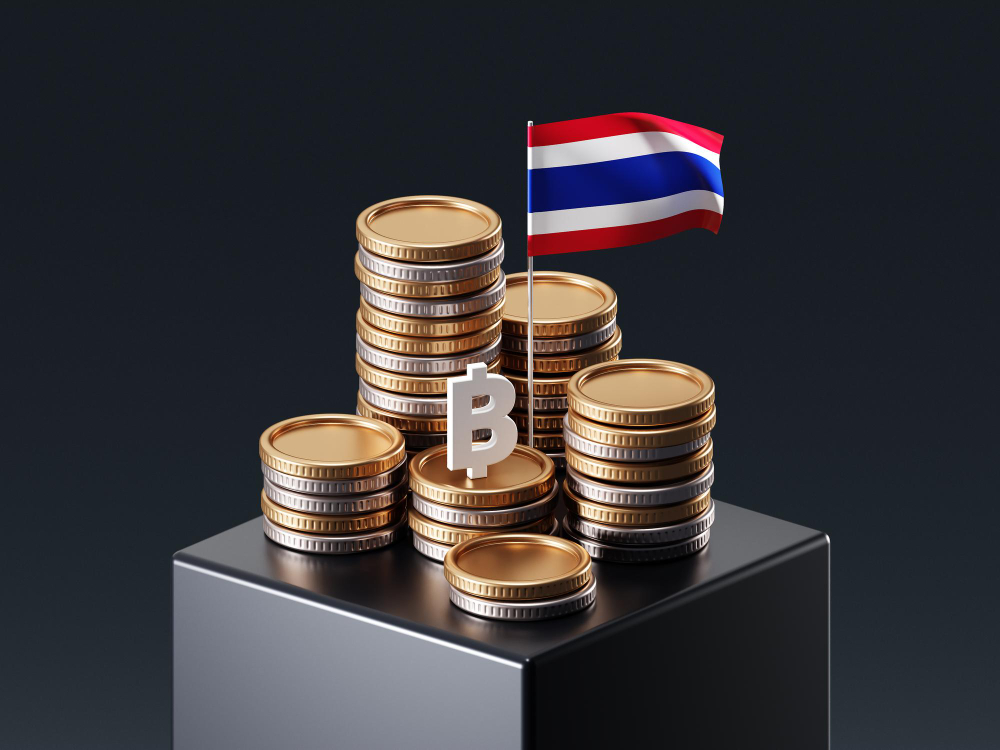Alternative Dispute Resolution in Intellectual Property by DIP in Thailand

In Brief
In an era of rapidly advancing technology, negotiation and mediation have become crucial components of modern business operations, as well as effective tools for resolving disputes. This has led many developed countries to adopt Alternative Dispute Resolution (ADR) mechanisms as a preferred means of dispute settlement prior to entering judicial proceedings.
Key Takeaways
ADR has emerged as a vital mechanism for resolving conflicts outside traditional courtrooms. In Thailand, the Department of Intellectual Property (DIP) has embraced ADR, particularly mediation as a practical, accessible, and cost-effective method for managing disputes related to intellectual property (IP).
Introduced in 2002, this initiative reflects Thailand’s commitment to promoting innovation while reducing legal burdens on creators and businesses. The DIP’s mediation process is designed to be voluntary, confidential, and free of charge. It allows parties to resolve issues amicably with the assistance of a neutral mediator, often an expert in IP law. The disputes handled include copyright infringement, trademark violations, patent conflicts, trade secret breaches, and licensing disagreements, among others. Requests for mediation may be submitted directly to the DIP or through provincial commerce offices.
Once a request is filed, the DIP invites the opposing party to participate. If both sides agree, a series of mediation sessions—either in-person, online, or hybrid—are held. These meetings enable the parties to explain their positions and negotiate a mutually acceptable resolution. When successful, the outcome is documented in a written settlement agreement that is enforceable under Thai civil law. If the mediation fails, parties retain the right to pursue litigation or alternative mechanisms, including arbitration.
The advantages of the ADR process are manifold. First, it significantly reduces both the time and financial costs typically associated with litigation. Second, it maintains privacy and avoids public exposure of sensitive business information.
Third, ADR fosters a more cooperative and less adversarial environment, which is especially valuable when parties wish to preserve ongoing business relationships.
Finally, because parties retain control over the process and outcome, they are more likely to reach a mutually satisfactory and sustainable resolution, making ADR a truly “win-win” solution.
The effectiveness of this system is demonstrated through data: from 2002 to 2025, the DIP received over 760 mediation requests, with approximately half reaching successful settlements. Additionally, the DIP has expanded its capabilities by collaborating with international organizations such as the World Intellectual Property Organization (WIPO) and the Central Intellectual Property and International Trade Court (CIPITC), the Thailand Arbitration Center (THAC), enabling cross-border dispute resolution and the adoption of online dispute resolution (ODR) technologies.
Conclusions
ADR under the DIP represents a forward-thinking approach to managing IP disputes in Thailand. By reducing time, cost, and litigation-related stress, it empowers individuals and enterprises to protect and leverage their intellectual property while preserving valuable relationships. As IP continues to be a game changer of economic development, ADR stands as a strategic tool for sustainable innovation.
Author
Related Practices
- IP
- Litigation













